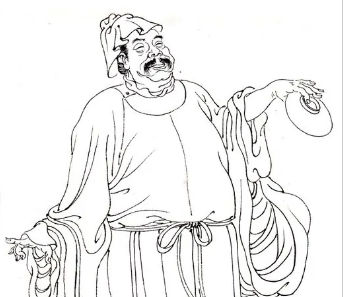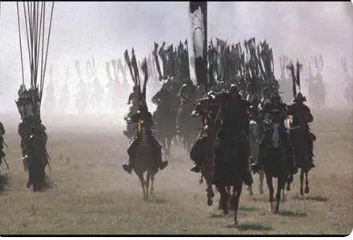During the Qing Dynasty, being exiled to Ningguta was often considered an extremely severe punishment. This name evoked deep fear among prisoners, and many would turn pale when discussing this place. This article will explore why Ningguta became a place that prisoners in the Qing Dynasty would turn pale when discussing, as well as the history and impact of this place.

1. Geographical Location and Environmental Characteristics of Ningguta
Ningguta is located in today's Heilongjiang Province and is a cold and desolate land. The climate here is extreme, with long and cold winters and short and rainy summers. For prisoners in the Qing Dynasty who were accustomed to the warm climate of the Central Plains, the harsh environment of Ningguta was undoubtedly a huge physical and mental test.
2. Political Background of Exile to Ningguta
In the Qing Dynasty, exile was a common punishment, and Ningguta was one of the main locations for exiled prisoners. Due to its remote and difficult environment, the Qing government chose this place as a destination for exiled prisoners, aiming to eliminate political opponents and serious criminals. Exiled prisoners not only lost their original social status but also faced severe natural environments and difficult living conditions.
3. Impact of Ningguta on Prisoners
Prisoners exiled to Ningguta had to endure not only extreme weather and barren land but also long-term separation from their families and significant disruptions to their social relationships. Many prisoners died of disease, hunger, or exhaustion during their exile. Even those who survived suffered great mental and physical trauma. Thus, Ningguta became a symbol of fear in the hearts of prisoners.
4. Conclusion
The name Ningguta has left a profound imprint on the history of the Qing Dynasty. It is not just a geographical concept but also represents the symbol of political oppression and social punishment at that time. For prisoners, the exile experience in Ningguta was a painful memory and a significant transformation of their identity and fate. This history witnesses the cruelty of the Qing legal system and the fragility of human nature, still leaving a deep impression on people today.
Conclusion:
The story of Ningguta is a profound reflection on the legal system and culture of the Qing Dynasty. It was not just a physical punishment for prisoners but also a huge blow to their spirit and soul. As we look back on this history today, it is not only to commemorate those who struggled in misery but also to remind the world that justice and tolerance are indispensable forces for social progress.
Disclaimer: The above content is sourced from the internet and the copyright belongs to the original author. If there is any infringement of your original copyright, please inform us and we will delete the relevant content as soon as possible.































